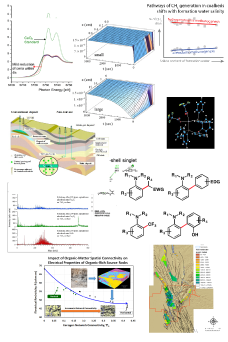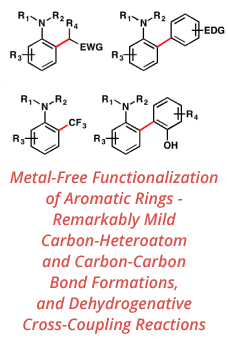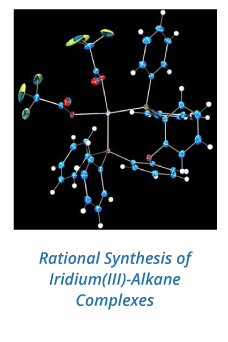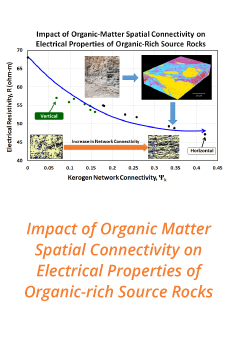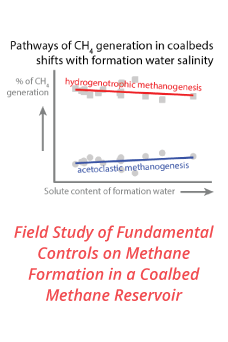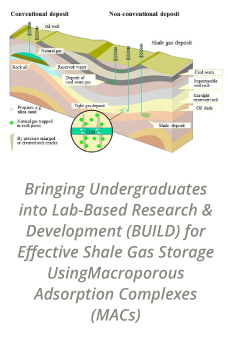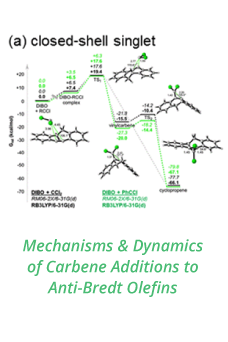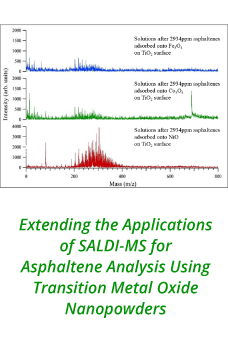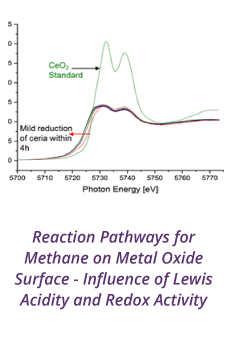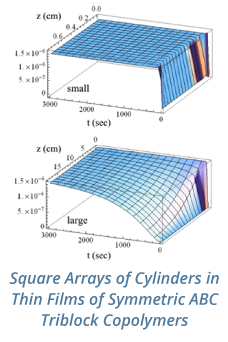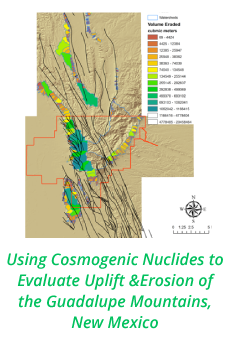Dr. Elif Ertekin
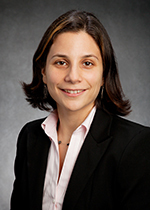 Department of Mechanical Science and Engineering
Department of Mechanical Science and Engineering
University of Illinois at Champaign-Urbana
Design of Green, Switchable Oxide Catalysts for Steam Methane Reforming by Quantum Mechanical Simulation
Dr. Elif Ertekin is an assistant professor at the University of Illinois at Urbana-Champaign in the Mechanical Science and Engineering Department. Her ACS PRF Doctoral New Investigator (DNI) grant focuses on the steam methane reforming process. Dr. Ertekin is approaching steam methane reforming catalysts in a novel way by applying theoretical simulations to large-scale industrial processing. It has been generally accepted that expensive noble metal catalysts perform the best for steam methane reforming, while cheaper alternatives such as nickel-based catalysts do not perform as well and quickly become poisoned. Dr. Ertekin’s research explores integrating nickel catalysts with perovskite ferroelectric oxides, to provide tunable catalysts that can improve the kinetics of the steam methane reforming process on the surface of the catalyst and overcome the previous difficulties.
She used computer modeling and simulation to test the degree to which the reaction profile of the steam methane reforming process could be tuned and/or altered by the presence of the ferroelectric oxide together with nickel catalyst particles. She expected that the reaction profile could be modified by switching the polarization of the ferroelectric (the direction of the built-in field), but was surprised by the degree of modification that her models showed was possible. Most notably, the modeling and analysis showed that the rate limiting steps of the steam methane reforming reaction – those with the largest energy barriers – could be substantially reduced due to the interactions with the ferroelectric oxide.
According to Dr. Ertekin, “Optimizing the steam methane reforming process could play a critical role in many areas, such as large-scale hydrogen production for fuel cells or to produce useful components from the natural gas that is recovered as a byproduct of unconventional oil recovery in the US.” Additionally, this work may also generally impact the discipline of computational modeling and simulation. Historically, quantum mechanical simulations have been tools of the physics community to model systems, but Dr. Ertekin feels that, “It will be exciting to demonstrate its usefulness for such a societally relevant, industrial scale problem.”
The PRF grant gave Dr. Ertekin the opportunity to assemble a research team, explore a new research area, and “really gave me an opportunity to get grounded in a field that I [had] wanted to expand into for a while, but would otherwise have been difficult for me to obtain research support.” Dr. Ertekin states, she is “lucky to have been exposed to diverse and seemingly disparate research areas in my career.” She further indicates that, “we like to work at the boundary between physics, chemistry, and real world engineering.” Her team is merging materials with exotic properties together with conventional materials used in industrial processing. To date, her research has yielded two publications currently under peer review.
Dr. Ertekin feels, “I’ve been really lucky because I’ve had a lot of support throughout my career at many different levels.” She attributes her accomplishments to her mentors who gave her advice when she was a student, to constant feedback from her peers, and to the students she is around every day. She goes on to state, “I think we have a great relationship and we push each other to be better and think deeper every step of the way.” The PRF grant also gave her the opportunity to involve undergraduate students in her work. Dr. Ertekin is very pleased that one of her undergraduate students has decided to go onto graduate school and pursue a research career. The seed money foundation provided by her PRF DNI grant also allowed her to pursue major funding from the National Science Foundation. She notes, “The next critical step will be to work together with experimentalists to see whether our predictions are correct.”
Grant #54775-DNI10: Read Ertekin's Annual Report
 My research group Top row, left to right:
Brian Blankenau, Heonjae Jeong, Namhoon Kim, Jaehyung Yu, Kevin Cruse
My research group Top row, left to right:
Brian Blankenau, Heonjae Jeong, Namhoon Kim, Jaehyung Yu, Kevin Cruse Bottom row, left to right: Ashwathi Iyer, Naheed Ferdous, Elif Ertekin


